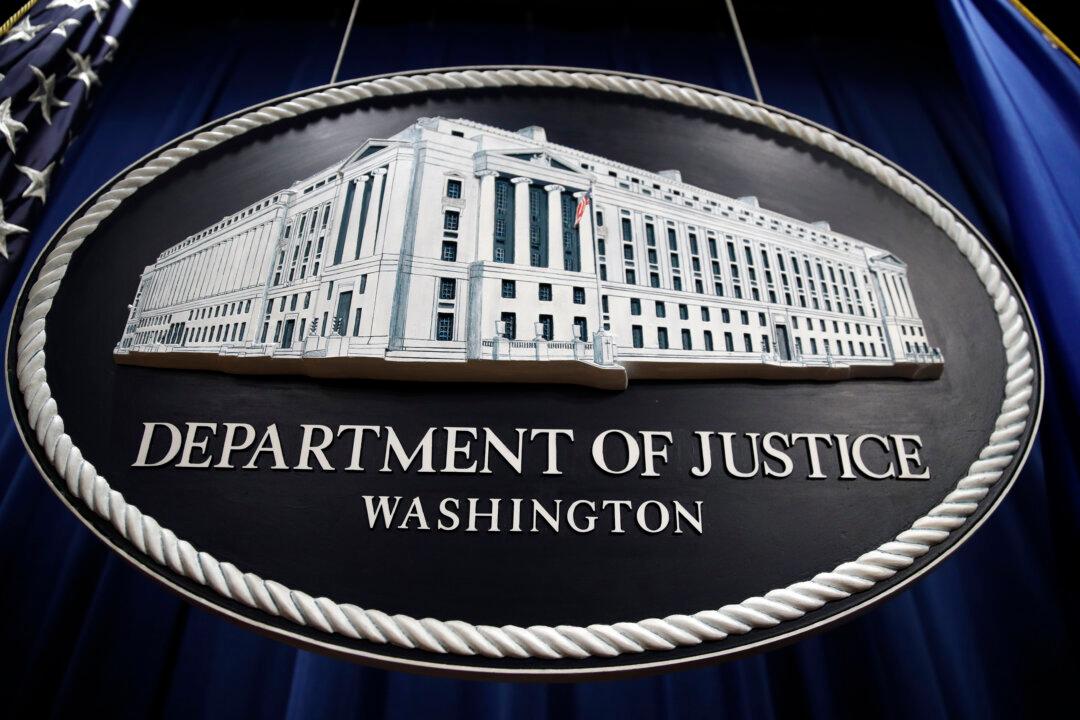Low-level crack cocaine defendants should benefit from a 2018 federal law that reduced prison sentences for certain offenses, the Biden administration advised the Supreme Court, distancing itself from a more hardline position taken by the Trump administration.
Although then-President Donald Trump signed the criminal justice reform measure known as the First Step Act into law, his administration held the view that possession of a small amount of crack cocaine wasn’t covered under the statute.





